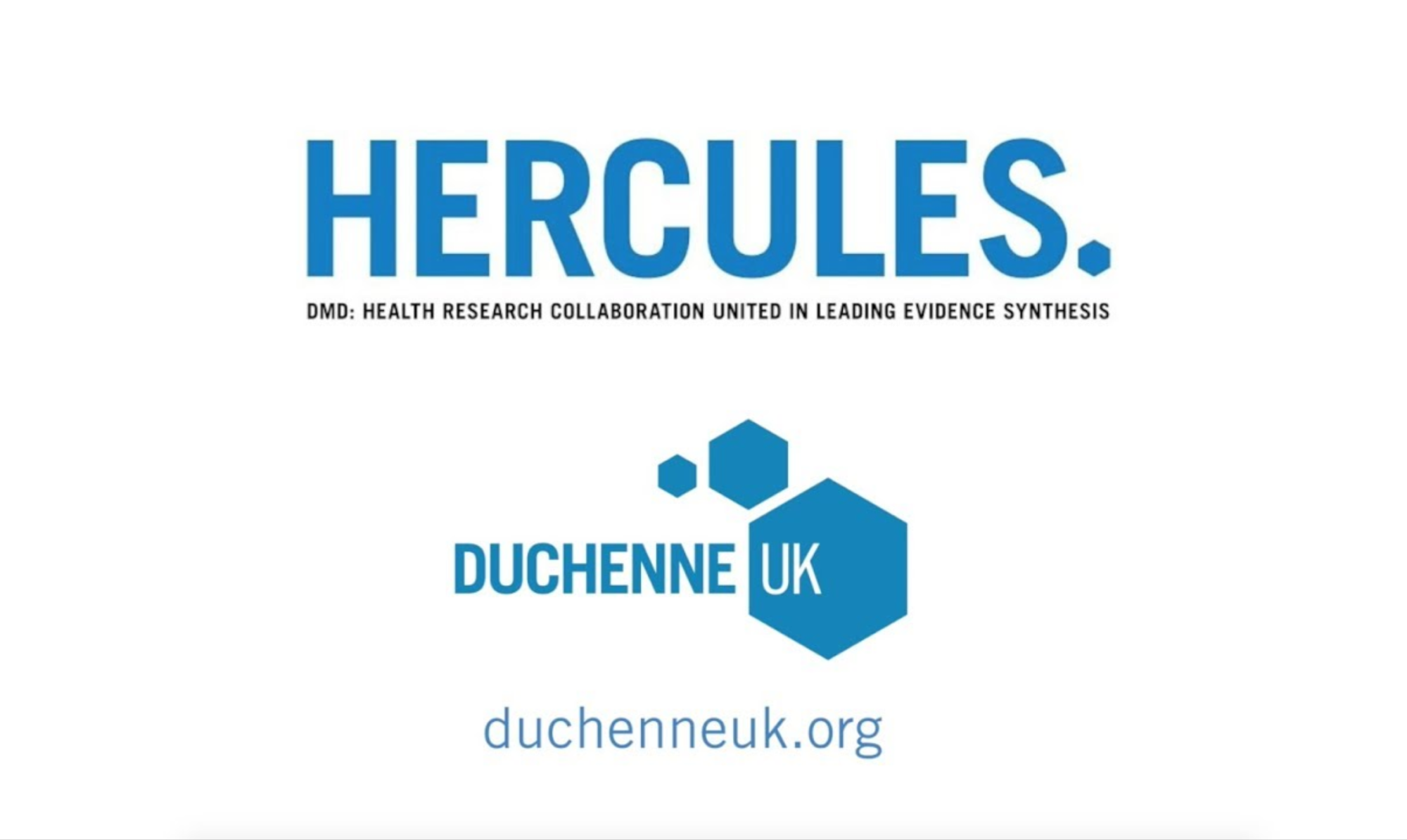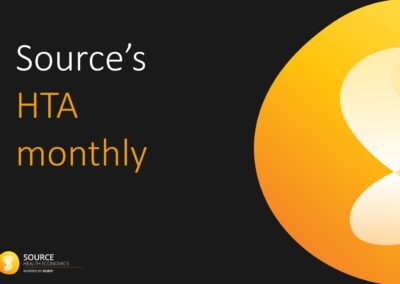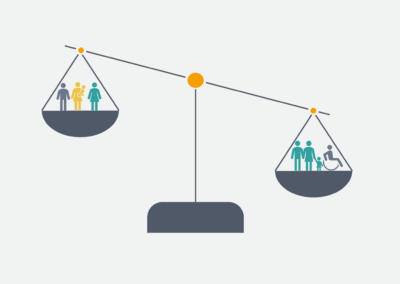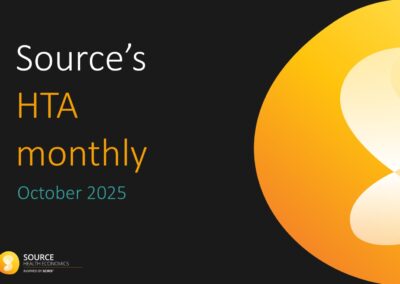Written by Juliet Mumby-Croft, Director
Project HERCULES is a unique international multi-stakeholder collaborative project set up by Duchenne UK to develop tools and evidence to support Health Technology Assessment (HTA) and reimbursement decisions for new treatments for Duchenne Muscular Dystrophy (DMD). It brings together eight leading pharmaceutical companies, academics, patient organisations and advisers to develop and build a better evidence base for DMD to aid the pricing and reimbursement stage of drug development.
Source Health Economics are developing the core economic model for this collaboration. This is a rare and exciting prospect for several reasons.
Gold standard data
Typically, when core models are developed, the primary focus is the robustness of model methods, and the statistical techniques used to overcome the limitations of clinical trials, such as lack of a comparator, or limited study follow up. However, economic models are only as good as the data they use.
Data for natural history, health state utilities and resource use are often obtained via systematic literature and these data are not always available in rare diseases.
In Project Hercules, evidence is being generated for natural history, health-related quality of life, and resource use and costs by expert teams at the University of Leicester, ScHARR and HCD Economics respectively.
The team
The second key benefit of collaboration is the many experts involved – the sheer brain power, the specialist expertise, the many years of experience of multiple partners from patients and their families, academia, industry, consultancy and clinical practice. We benefit from the different perspectives, viewpoints and ideas; and if there is a stone left unturned at the end of this exercise, I would be very surprised.
The efficiency
As economists, we have to highlight the efficiencies of such collaboration. The generation of data requires investment of time and budget. The involvement of multiple manufacturers means this investment can be shared.
The collaboration has a project leadership team, sitting apart from the collaborating pharmaceutical partners that undertakes the extraordinary feat of orchestrating the partners, tasks, meetings and timelines of the project.
The input of the European Medicines Agency (EMA) and HTA bodies on our methods will be conducted just once with one core economic model and data set that will be used for multiple therapies and multiple HTA and reimbursement submissions.
Remembering why we do this
Lastly, but by no means least, Project Hercules meetings have never been just a group of industry and technical partners, discussing the relative merits of alternative model methods. The mothers of boys affected by DMD are part of the team, model health states were informed by patient experience.
This engagement was recognised by the EURORDIS Black Pearl Company Award for Patient Engagement.
For us, this keeps the reason we do what we do at the forefront of our minds. Ultimately, we are working for a future where effective, life improving, life changing therapies are brought to market for boys affected by DMD, their families and the remarkable mothers who brought this collaboration about.




